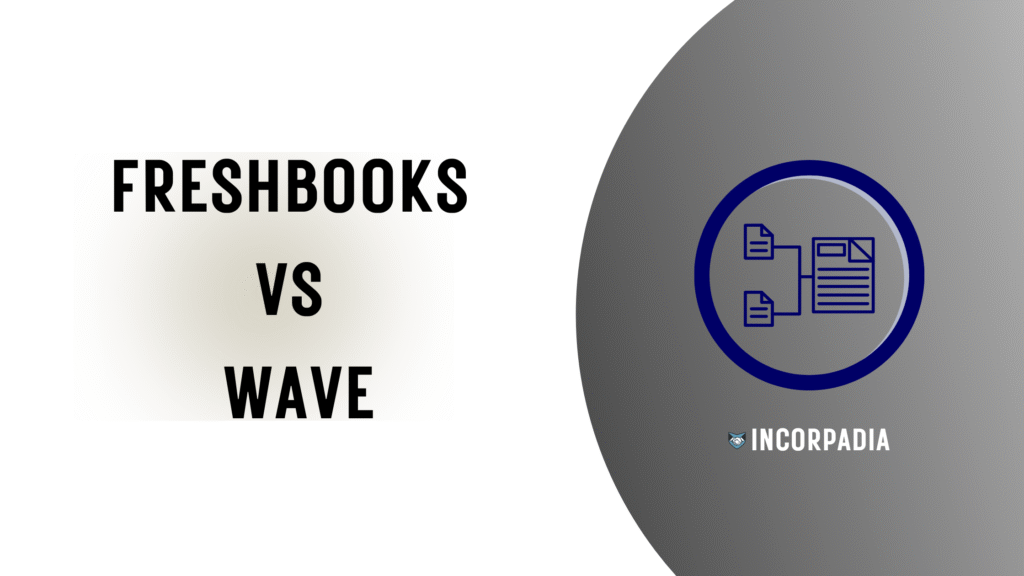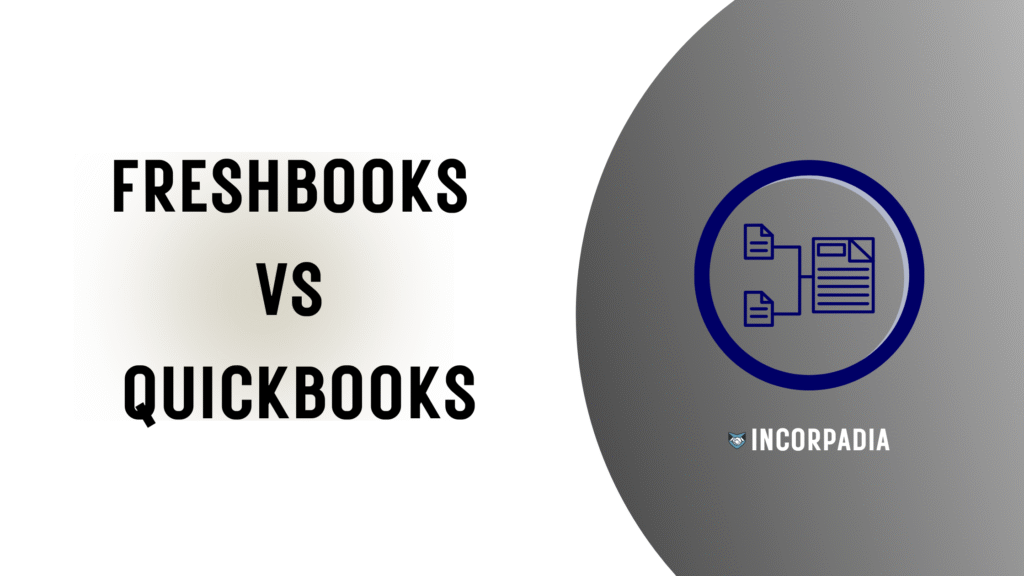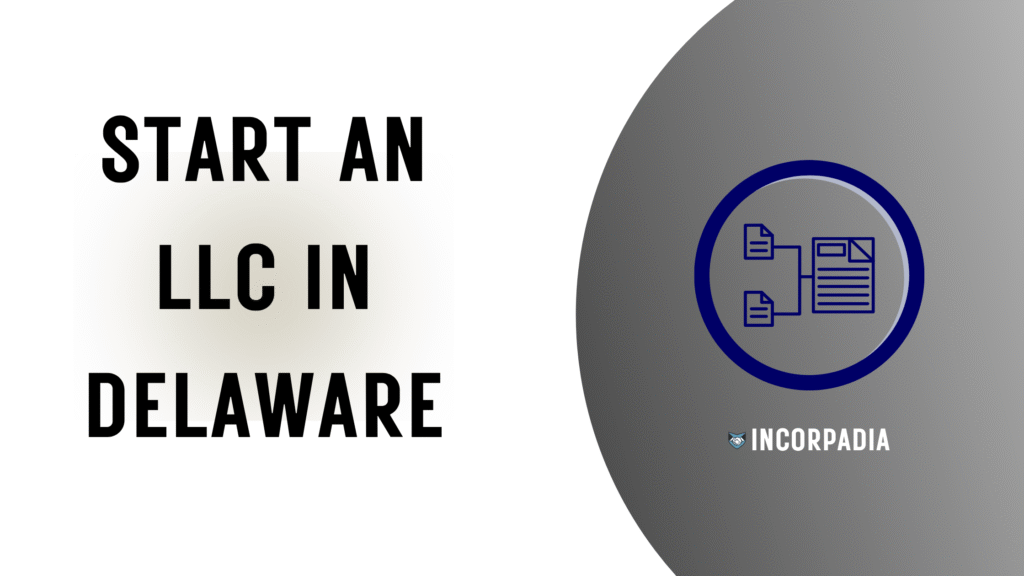Utah is often regarded as one of the best states in the U.S. to start a business. Known for its strong economy, supportive local government policies, and low taxes, the Beehive State presents a wealth of opportunities for entrepreneurs. In this detailed guide, we will walk you through the entire process of starting a business in Utah, including all the essential steps and important considerations.
How to Start a Business in Utah?
Starting a business in Utah is a straightforward process, but it requires careful planning and execution. In this article, we break down each step involved, from creating a solid business plan to marketing your business and ensuring its growth. By following this guide, you will be well-equipped to navigate Utah’s business landscape with confidence.
Step 1: Create a Business Plan
A business plan is the foundation of any successful venture. Before diving into the legalities and operational details, you need a clear vision of what your business will look like, how it will operate, and what goals you want to achieve. Think of the business plan as your roadmap—it will guide you through the process and help you stay focused on your objectives.
Key Components of a Business Plan:
- Executive Summary: This section provides an overview of your business, including its name, structure, and what products or services it will offer.
- Business Description: Describe your business in detail. Include the mission statement, your company’s vision, and the problem your business intends to solve.
- Market Analysis: Research and analyze the market to understand the competition, target audience, industry trends, and customer needs.
- Organization and Management: Define the structure of your business, including the leadership team and roles of key players.
- Products or Services: Provide a detailed description of the products or services you will offer, explaining how they stand out in the market.
- Marketing and Sales Strategy: Outline how you will attract and retain customers. This could include your pricing strategy, advertising, and promotional efforts.
- Financial Projections: Offer a financial forecast, detailing your expected revenue, expenses, and profits for the first few years. This will be crucial when you seek funding or investors.
Having a solid business plan in place increases your chances of success and is often a requirement for securing funding or loans.
Step 2: Choose a Business Entity in Utah
The next crucial step in starting a business in Utah is determining what type of legal structure your business will have. The business entity you choose affects various aspects of your company, including liability, taxes, and the overall management structure. Below are the most common types of business entities in Utah:
Sole Proprietorship
- What It Is: A sole proprietorship is the simplest business structure. It’s typically used by a single individual who owns and operates the business alone.
- Pros: Easy to establish and maintain with minimal paperwork. The owner has complete control over the business.
- Cons: The owner is personally liable for any debts or legal actions the business faces.
Limited Liability Company (LLC)
- What It Is: An LLC is a hybrid structure that provides the liability protection of a corporation with the tax benefits of a sole proprietorship.
- Pros: Owners (called members) have limited personal liability. LLCs also offer flexibility in management and tax treatment.
- Cons: Requires more paperwork to form than a sole proprietorship. In Utah, the registration fee for an LLC is $54.
Corporation
- What It Is: A corporation is a legal entity that is separate from its owners. It is best suited for businesses that plan to raise capital or eventually go public.
- Pros: Shareholders have limited liability, meaning their personal assets are protected. Corporations can also issue stock to raise money.
- Cons: More complex to establish and maintain, with ongoing state and federal reporting requirements. Corporations are also subject to double taxation—once at the corporate level and again when dividends are distributed to shareholders.
Limited Liability Partnership (LLP)
- What It Is: An LLP is a partnership in which partners have limited liability. It’s typically used by professional service businesses, such as law firms or accounting firms.
- Pros: Partners have limited personal liability, and the business benefits from pass-through taxation.
- Cons: It’s more complex to set up than a general partnership and requires registration with the Utah Division of Corporations.
The right business entity for your company depends on various factors, such as your goals, number of owners, and the level of liability protection you need.
Step 3: Determine Your Utah Business Costs
Understanding the financial costs of starting a business is an essential step in the planning process. Startup costs can vary widely depending on the type of business you’re starting, but there are common expenses to consider:
- Registration Fees: Depending on your business structure, there will be filing fees. For example, forming an LLC in Utah costs $54.
- Licenses and Permits: Certain businesses in Utah may require local, state, or federal licenses and permits. For instance, a restaurant needs health permits, while contractors may need specific licenses related to construction work.
- Office Space: Consider the cost of leasing or buying office space. This will depend on your business location and the size of your operation.
- Equipment and Supplies: Depending on your industry, you may need to purchase equipment, inventory, or supplies before opening.
- Marketing and Advertising: You’ll need to budget for marketing materials, website design, and advertising campaigns to reach your target audience.
Properly estimating and planning for these costs will help you determine how much capital you need to start your business and keep it running in the early stages.
Step 4: Name Your Business in Utah
Choosing the right name for your business is an important part of establishing your brand identity. The name should be memorable, easy to pronounce, and reflective of your business’s values or services. When naming your business in Utah, keep the following tips in mind:
- Uniqueness: Your business name must be unique and not already in use by another company in Utah. You can check the availability of your desired name through the Utah Division of Corporations’ business name search tool.
- Legal Requirements: If you are forming an LLC, the name must include the phrase “Limited Liability Company” or the abbreviation “LLC” or “L.L.C.” Corporations, on the other hand, must include “Corporation,” “Incorporated,” or “Corp.”
- Domain Name and Social Media: It’s important to secure a matching domain name and social media handles for your business. Having a consistent name across all platforms will help build your brand presence online.
Once you’ve settled on a name, it’s a good idea to register it with the state to protect it from being used by someone else.
Step 5: Register Your Business in Utah
After choosing your business structure and name, the next step is to officially register your business with the state. Here’s how you can do that:
Get a Utah Registered Agent
All businesses in Utah are required to have a registered agent—a person or business entity designated to receive legal documents on behalf of the company. The agent must have a physical address in Utah.
Apply for Utah Formation Document
- LLC: To form an LLC, you’ll need to file Articles of Organization with the Utah Division of Corporations and Commercial Code.
- Corporation: To form a corporation, you’ll file Articles of Incorporation with the same office.
Both of these documents can be filed online through the Utah Division of Corporations website.
Request an Employer Identification Number (EIN)
An EIN is a unique nine-digit number assigned to your business by the Internal Revenue Service (IRS). It’s required for tax purposes, opening a business bank account, and hiring employees.
Step 6: Apply for Business Licenses and Permits
Depending on your industry and business location, you may need various licenses and permits to operate legally in Utah. Some common types of business licenses and permits include:
- Local Business License: Most cities and counties in Utah require businesses to have a local license. This is often a simple application that verifies your business address and type.
- State Business License: Certain industries, like healthcare, real estate, and construction, require additional state-level licenses.
- Specialized Permits: If your business deals with food, alcohol, or health-related services, you may need special permits or inspections.
Make sure to check with your local and state government agencies to determine exactly what licenses and permits you need.
Step 7: Get a Bank Account
Setting up a separate business bank account is crucial for keeping your personal and business finances distinct. This helps with bookkeeping and provides legal protection in case of financial disputes. When opening a business bank account in Utah, make sure to bring:
- Your EIN
- Business formation documents (e.g., Articles of Organization)
- Personal identification (e.g., driver’s license)
Step 8: Market Your Business in Utah
Once your business is up and running, you need to focus on attracting customers. Effective marketing strategies include:
- Build an Online Presence: A professional website and social media profiles are essential for modern businesses. Make sure your website is easy to navigate, informative, and optimized for search engines.
- Network Locally: Attend local business events, join chambers of commerce, and engage with other entrepreneurs in Utah.
- Use Traditional Advertising: Depending on your business type, local print ads, radio spots, or billboards can help raise awareness.
- Leverage Word of Mouth: Ask satisfied customers to refer your business to others, offer referral discounts, or create a loyalty program to incentivize repeat business.
Effective marketing is key to building your brand and attracting a steady stream of customers.
Important Information
Do You Need Business Insurance?
Business insurance is essential for protecting your company against unexpected events, such as accidents, property damage, or legal claims. The types of insurance you may need include:
- General Liability Insurance: Covers third-party injuries, property damage, and legal fees.
- Professional Liability Insurance: Protects against claims of negligence or errors in your professional services.
- Workers’ Compensation Insurance: Required in Utah if you have employees. It covers medical costs and lost wages for employees injured at work.
Consult with an insurance provider to determine which types of coverage are appropriate for your business.
What Is the Most Profitable Type of Business?
The most profitable type of business depends on your skills, interests, and the market demand. However, some industries in Utah that have shown consistent growth include:
- Technology: Utah’s Silicon Slopes region is a hotbed for tech startups.
- Outdoor Recreation: Thanks to the state’s natural beauty, outdoor tourism-related businesses are booming.
- E-commerce: Online retail businesses have seen tremendous growth, especially in the wake of the COVID-19 pandemic.
Researching the local market and understanding consumer trends will help you identify which business opportunities are the most profitable in your area.
FAQs
How much does it cost to start a business in Utah?
The cost depends on your business structure. For example, filing an LLC in Utah costs $54, but additional costs for licenses, permits, office space, and other expenses will vary.
How long does it take to start a business in Utah?
Forming an LLC can take as little as 2-3 business days, but depending on your business type and requirements, the process can take several weeks.
Is Utah a good place to start a business?
Yes, Utah is often ranked as one of the best states for entrepreneurs. The state’s low taxes, business-friendly policies, and strong economy make it an ideal place to start a business.







